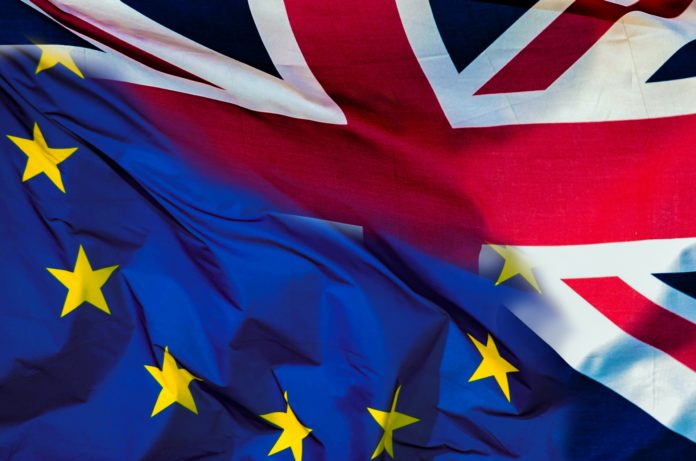Alison Ryan, London Office, Bord Bia – Irish Food Board
28 days until Brexit
Key events this week:
Following the threat of a mass resignation of Pro-EU Conservatives, Theresa May announced on Tuesday a plan that will allow MPs to vote to block a no-deal and to possibly delay Brexit. This is the first time that May has admitted that Brexit could be put on pause, though she did say that any extension would not go beyond June, as Britain would not be participating in European elections. The pound rose 1.2% against the dollar to $1.3254 — a five-month high — and a near two-year high against the euro to €1.164, as markets expressed relief that a chaotic exit was more likely to be avoided.
- May has postponed the meaningful vote on the revised Withdrawal Agreement to March 12, 17 days before Brexit.
- If the deal is rejected, MPs will be given a vote on March 13, asking whether they want to leave the EU without a deal.
- If that vote is also rejected, there will be a third vote on March 14, on a government motion on whether MPs want a “short, limited extension on the Article 50 exist process.
A report published by the government on Tuesday outlined that a third of the government’s critical no-deal Brexit plans are behind schedule. The report highlighted that 10% of all foods in the UK would be subject to shortages and price increases. It also revealed that only 40,000 of 240,000 UK businesses that trade with the EU had registered with the government to export. The report was released in response to amendments tabled by Anna Soubry, who was previously a Conservative MP but is now part of The Independent Group.
Jeremy Corbyn announced that Labour will formerly back a new Brexit referendum, after his exit plan for leaving the EU, including permanent membership of the European customs union, failed in a parliamentary vote on Wednesday. They will most likely table this amendment on March 12.
In a vote in the House of Commons on Wednesday, an amendment by Labour MP Yvette Cooper was passed with 502 MPs voting in favour. The amendment restating the commitments made by Theresa May on Tuesday in regards to avoiding a no-deal Brexit. Twenty Conservative MPs voted against the amendment, 90 ERG Conservatives abstained, along with nine DUP MPs and eleven Labour MPs.
The head of the pro-Brexit European Research Group, Jacob Rees-Mogg, has softened his opposition to Theresa May’s Withdrawal Bill. He said he was no longer insisting that the backstop had to be removed from the deal, and was prepared to consider other legal fixes to ensure it is not permanent.
The announcement of the UK government’s tariff schedule has been delayed due to the internal disagreement between ministers. A briefing on the draft plans has indicated that sensitive agriculture imports, such as beef and lamb, will have tariffs imposed on them to protect UK farmers. However, a survey carried out by Politico-Hanbury of 2,006 people, revealed that 47% wanted the government’s post-Brexit trade policy to prevent food price rises, even if it means putting some UK farmers out of business. Over 65s over-indexed in this area, with 68% prioritizing lower prices.
Implications for Irish food & drink companies:
The likelihood of a no-deal Brexit has decreased somewhat, with Theresa May’s announcement of a plan to allow MPs a vote to block a no-deal Brexit and also to potentially delay Brexit. The vote on Yvette Cooper’s amendment on Wednesday highlights that the majority of the House are against a no-deal Brexit.
The government report published on Tuesday has highlighted the extent to which UK businesses are not prepared for no-deal Brexit. Irish suppliers should ensure that their UK customers have taken steps to prepare for the possibility of a no-deal Brexit.
Looking ahead:
- The government’s full tariff schedule is set to be published in the coming days.
- The week commencing Monday, March 11 will be an important one, with a potential of three votes taking place in the House of Commons, in regards to the revised Withdrawal Bill, blocking a no-deal Brexit and delaying Brexit.
- Theresa May and Jean-Claude Juncker have agreed to conclude EU-UK negotiations by the bloc’s leader summit in Brussels on March 21.
You can find more information here on Bord Bia’s workshops and training programmes, which are designed to help client companies exporting to the UK prepare for Brexit.




